1. Reliable Wi-Fi at All Times
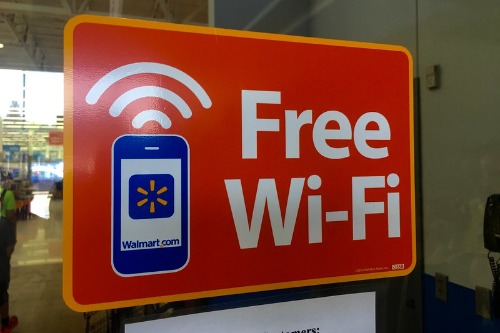
Digital nomads might post photos of working from a hammock, but what they don’t show is the frantic search for a café with stable internet. Unreliable Wi-Fi can derail deadlines and meetings, and it’s one of the most common frustrations in nomadic life. Public networks often come with security risks, forcing people to constantly use VPNs. In reality, reliable internet becomes less of a luxury and more of a lifeline.
Even in popular digital nomad hubs, outages happen more often than people admit. Video calls freeze mid-sentence, uploads take hours, and hotel Wi-Fi often can’t handle more than basic browsing. This adds stress to otherwise flexible workdays. Most nomads quietly plan their schedules around when they’ll have solid connectivity.
2. A Comfortable Work Chair

Back pain is a hidden badge of the nomad lifestyle. Constantly working from bar stools, beds, or café benches can wreak havoc on posture. While ergonomic office chairs are standard in traditional jobs, they’re a rare find on the road. It’s not glamorous, but it’s one of the biggest sacrifices people make.
Many nomads end up carrying portable laptop stands or cushions, but it’s never the same. Long work hours can feel exhausting without the right setup. Over time, the lack of support takes a toll, leading to fatigue and discomfort. It’s a quiet reality that doesn’t fit into Instagram captions.
3. Consistent Sleep Schedules

Traveling across time zones means sleep becomes unpredictable. Jet lag, late-night buses, and noisy hostels all make rest harder to come by. Even when nomads try to set routines, local schedules can throw them off. Sleep deprivation quietly builds, even as their photos look sunny and carefree.
Poor sleep can affect productivity, focus, and mental health. Many find themselves napping at odd hours just to keep up with work. Unlike at home, it’s hard to control the environment enough for solid rest. That’s why consistent, quality sleep becomes something many nomads secretly miss.
4. Reliable Healthcare Access

Most digital nomads use travel insurance, but it doesn’t erase the stress of navigating unfamiliar health systems. A small medical issue at home can turn into a logistical headache abroad. From language barriers to costs, healthcare access is rarely simple. It’s a constant worry in the background of the lifestyle.
Finding trusted doctors or even just getting prescriptions refilled can feel daunting. Emergencies are especially nerve-wracking when you’re far from home. Even in major cities, healthcare quality can vary widely. This makes nomads appreciate their home country’s system, even if they once complained about it.
5. A Fully Stocked Kitchen

Cooking in hostels or short-term rentals often means working with just one pot and a questionable frying pan. For people used to well-equipped kitchens, this feels limiting. Fresh ingredients may be plentiful, but cooking tools rarely are. As a result, many nomads eat out more than they’d like.
While restaurants are fun, the costs add up and so does the longing for home-cooked comfort food. Preparing meals can also be a grounding daily ritual that nomads miss. Something as simple as baking cookies becomes nearly impossible on the road. The lack of a proper kitchen slowly wears on them.
6. Reliable Mail Delivery
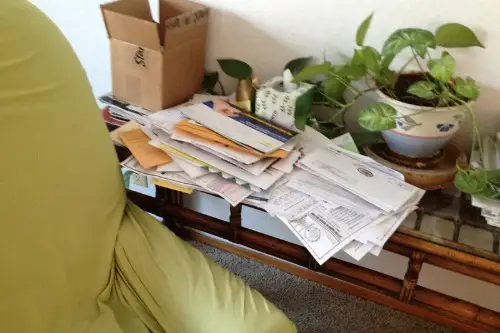
Nomads don’t receive packages the way they would at a stable home address. This makes online shopping, banking documents, or even birthday gifts complicated. Forwarding services exist, but they’re often slow or expensive. In practice, it means missing out on the convenience many people take for granted.
Needing a replacement debit card or updated ID can turn into a multi-week hassle. Even small comforts, like ordering books or clothes, aren’t simple. Nomads often rely on friends or family to hold onto mail until they visit. It’s an invisible downside that rarely shows up in social posts.
7. Strong Friendships Nearby

Nomadic life makes it easy to meet people but hard to build long-term friendships. The constant goodbyes can feel draining, even for the most social travelers. Shared dinners or coworking spaces help, but relationships often stay surface-level. Deep, lasting bonds require time and consistency.
Many nomads keep up friendships online, but it’s not the same as dropping by a friend’s place. Celebrations, tough days, or casual hangouts are harder to share. Over time, the lack of strong local community weighs on people. It’s one of the lonelier realities of the lifestyle.
8. A Closet of Clothes That Actually Fit
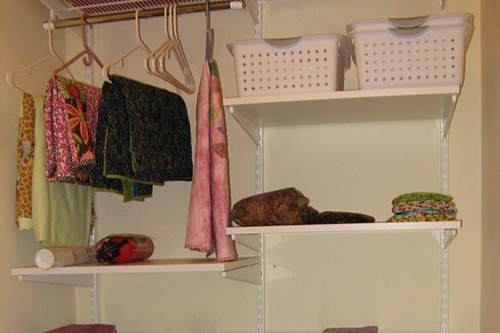
Living out of a backpack forces hard choices. Most nomads rotate through a very limited wardrobe, often sacrificing style for practicality. While this simplifies life, it can also make people feel restricted. Outfits start repeating in ways they never would at home.
Shopping abroad isn’t always easy, especially with sizing differences. Certain climates demand clothing that wasn’t packed, leaving nomads underprepared. Eventually, many long for a closet with options instead of just a few well-worn basics. The freedom to dress differently every day becomes something they miss.
9. Stable Income Cycles

Freelancers and remote workers often deal with irregular income. This becomes more stressful while traveling, since expenses fluctuate too. Rent back home may be predictable, but on the road, costs vary by country or even by city. It’s not as financially stable as social media suggests.
Late client payments or unexpected expenses add another layer of stress. Even small emergencies, like a broken laptop, can create major setbacks. Nomads often juggle multiple income streams just to stay afloat. The financial unpredictability is rarely discussed publicly.
10. A Sense of Home
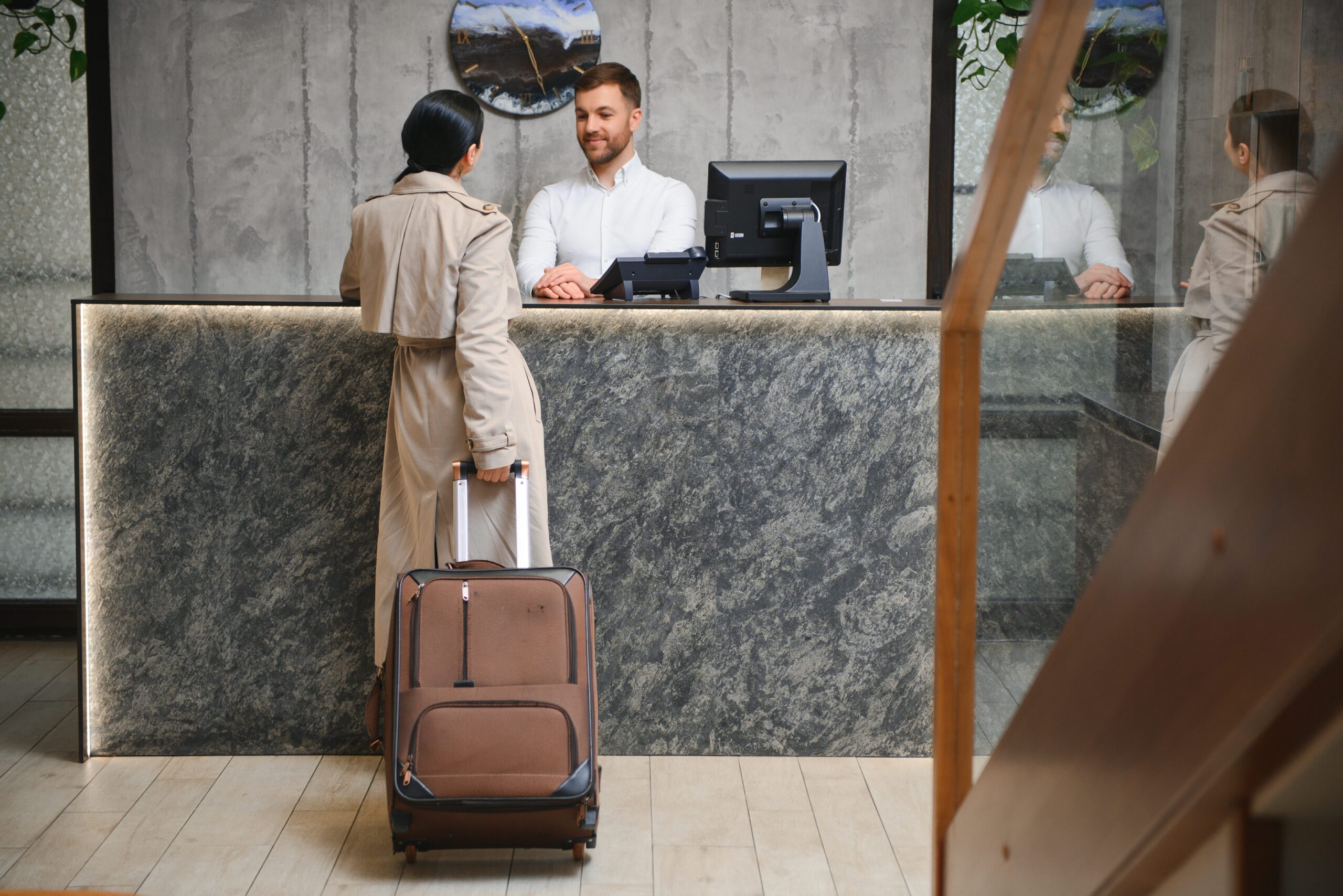
Hotels, Airbnbs, and hostels don’t provide the same sense of belonging as a personal space. Constantly moving makes it hard to settle emotionally. Decorations, keepsakes, and personal touches are often missing. Over time, this lack of a “nest” starts to feel tiring.
Even when nomads find a favorite spot, they know they’ll soon pack up again. That temporary feeling makes it hard to form deep connections to a place. Home isn’t just about walls—it’s about familiarity and comfort. This is something nomads quietly miss while appearing adventurous online.
11. Personal Privacy

Shared hostels and co-living spaces make alone time rare. Even in Airbnbs, thin walls or shared spaces can limit privacy. For introverts, this becomes especially draining. It’s hard to recharge when someone is always around.
Privacy is also about routine comfort—singing in the shower, cooking in pajamas, or just spreading out belongings. On the road, those little freedoms aren’t guaranteed. Constantly adjusting to other people’s presence takes energy. Nomads often miss having a private space to just be themselves.
12. A Stable Routine
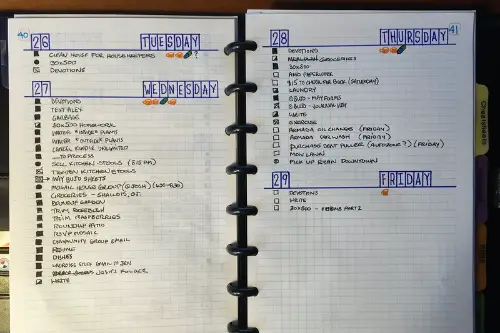
The nomadic lifestyle thrives on change, but humans crave some consistency. Workouts, meals, and downtime are harder to plan with constant movement. While flexibility is a perk, it also means structure often falls apart. Routines become makeshift and fragile.
Without a routine, productivity and wellbeing can dip. Small habits, like going to the same coffee shop every morning, become impossible when moving often. Even simple weekly rituals are missed. The lack of rhythm is something nomads rarely admit online.
13. Reliable Tech Support

At home, fixing a broken phone or laptop is as easy as visiting a store. Abroad, it’s often much more complicated. Language barriers, lack of parts, and questionable repair quality make it stressful. For remote workers, this is a major concern since their livelihood depends on technology.
Even buying a new charger or accessory isn’t always straightforward. Compatibility issues and limited local stock can delay work. Nomads often end up carrying backup gear just in case. It’s a quiet, but constant, stressor in the lifestyle.
14. Local Familiarity
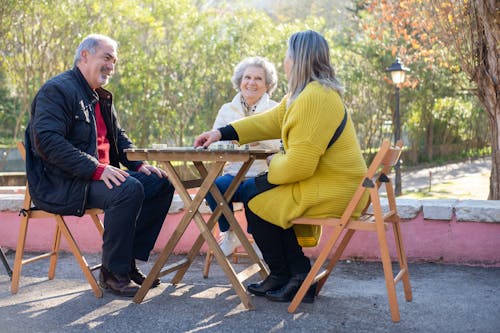
Being new everywhere can be exciting but also exhausting. At home, you know where to find your favorite takeout or a quiet park. Abroad, every errand requires research and adjustment. The constant novelty eventually feels like work.
Familiarity provides comfort and efficiency that nomads don’t realize they miss until it’s gone. Grocery shopping can take twice as long because products are unfamiliar. Even navigating public transportation requires constant learning. That sense of “knowing your place” is something nomads quietly crave.
15. Family Milestones

While nomads post about freedom, they often miss family events back home. Weddings, birthdays, or even casual Sunday dinners pass by without them. Time zone differences make it hard to stay in touch consistently. This creates a quiet sense of missing out.
Photos and video calls help, but they can’t replace being there in person. Over years, this distance can weigh heavily. Family connections are among the hardest to balance with nomadic life. It’s a trade-off most don’t talk about publicly.
This post 15 Things Nomads Miss Most — But Never Admit Online was first published on Greenhouse Black.
